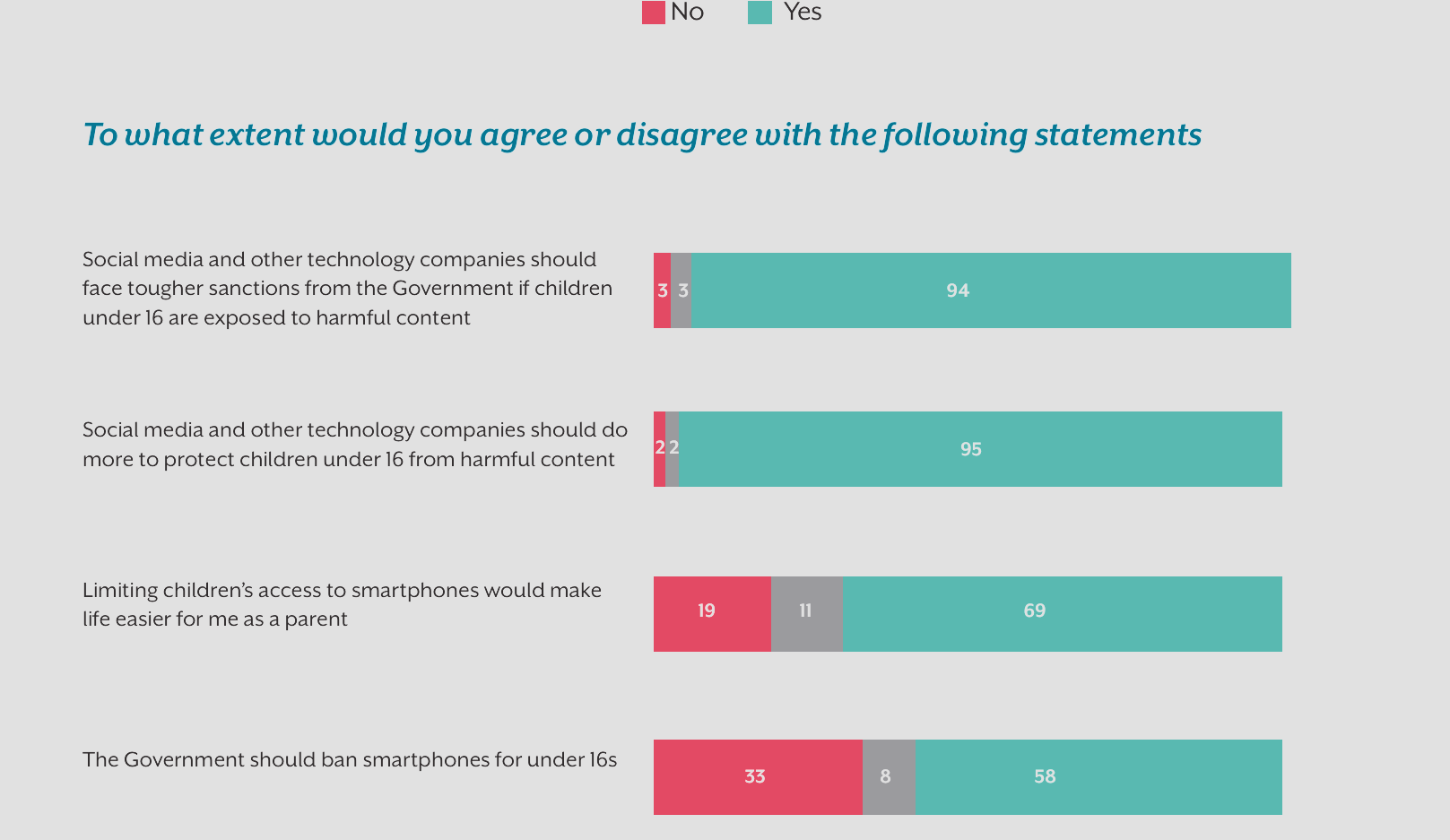A hot potato: The use of smartphones by children has long been a contentious subject. In the UK, ministers are considering giving parents more control by banning the sale of the devices to anyone under the age of 16. It's a move that has the support of most parents in the country.
The discussions come as the UK clamps down on smartphones use among young people. In February, the government issued guidance on the use of the devices in English schools in order to reduce disruption and improve behavior. It was suggested that schools could ban handsets by requiring students to leave phones at home, hand them in upon arrival, store them in inaccessible lockers, or prohibit their use in classrooms.
Banning phone sales to under 16s is one of the measures being considered to protect children from the potential dangers of social media, as well as other online threats such as crime, cyberbullying, exposure to pornography, and hacking.
A recent survey of 2,496 parents of school-age children in England found 58% believe the government should ban smartphones for under 16s. It also revealed that four out of five parents felt smartphones were harmful to children and young people. Another survey found 64% thought a ban on selling phones to under 16s was a good idea. Only 20% felt it was a bad idea.
Parentkind survey
The mother of Brianna Ghey, a 16-year-old schoolgirl murdered last year, has called for "children's phones" designed specifically for under 16s that cannot run social media apps, which sounds like "dumb" or feature phones.
The Guardian notes that some politicians are nervous about the government overstepping its boundaries and microparenting. One source said the government was only meant to make parents more aware of online child protections, such as website restrictions and parental controls in apps.
A poll last year found that 97% of children have a phone by the age of 12 in the UK, while 99% of teens have one by the time they are 17.
Meta has just announced it is expanding its campaign to protect young Instagram users by testing a feature that will blur explicit images sent in direct messages to minors. It's hoped that in addition to stopping people from seeing unwanted nudes, it will also help prevent sextortion incidents.
Masthead: RDNE Stock project

